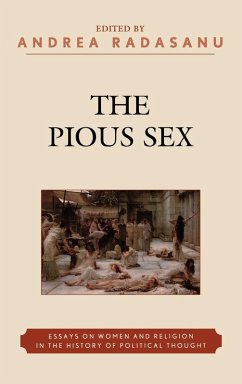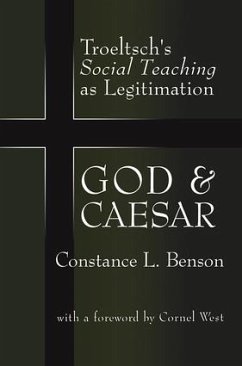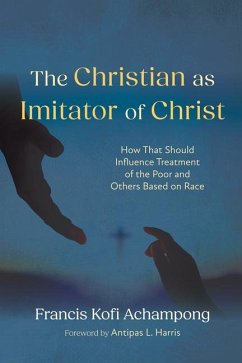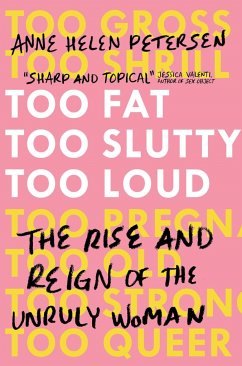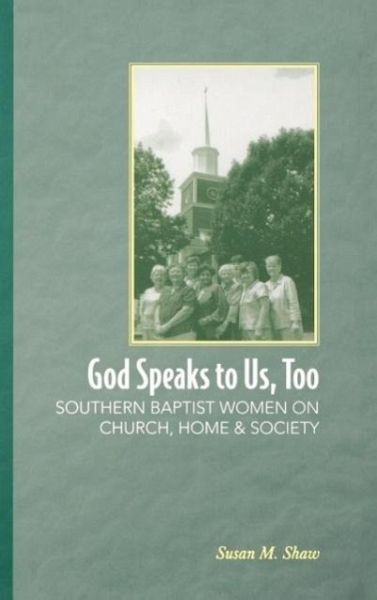
God Speaks to Us, Too
Southern Baptist Women on Church, Home, and Society
Versandkostenfrei!
Versandfertig in über 4 Wochen
35,99 €
inkl. MwSt.

PAYBACK Punkte
18 °P sammeln!
Raised as a Southern Baptist in Rome, Georgia, Susan M. Shaw earned graduate degrees from the Southern Baptist Theological Seminary in Louisville, Kentucky, was ordained a Southern Baptist minister, and prepared herself to lead a life of leadership and service among Southern Baptists. However, dramatic changes in both the makeup and the message of the Southern Baptist Convention during the 1980s and 1990s (a period known among Southern Baptists as "the Controversy") caused Shaw and many other So



